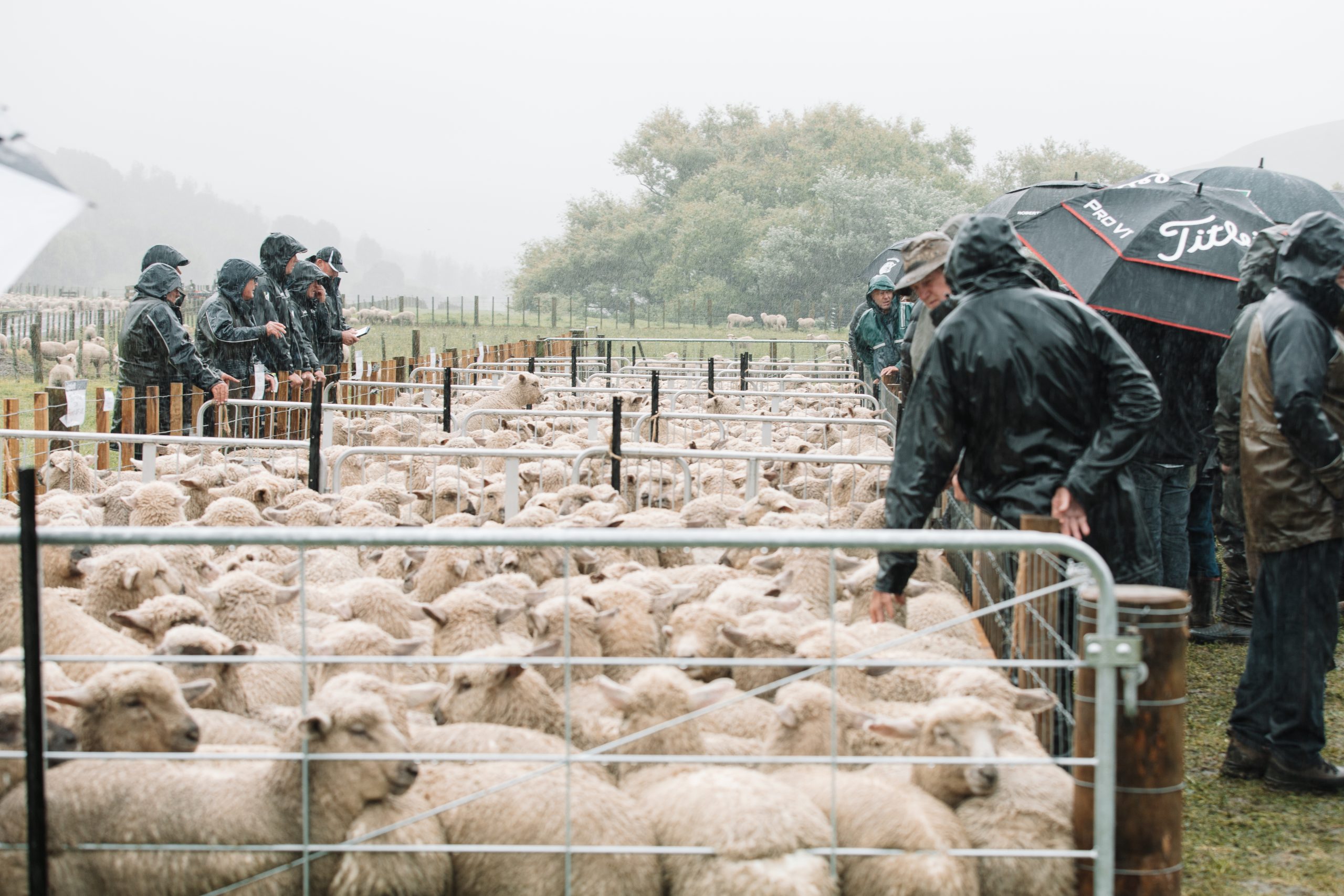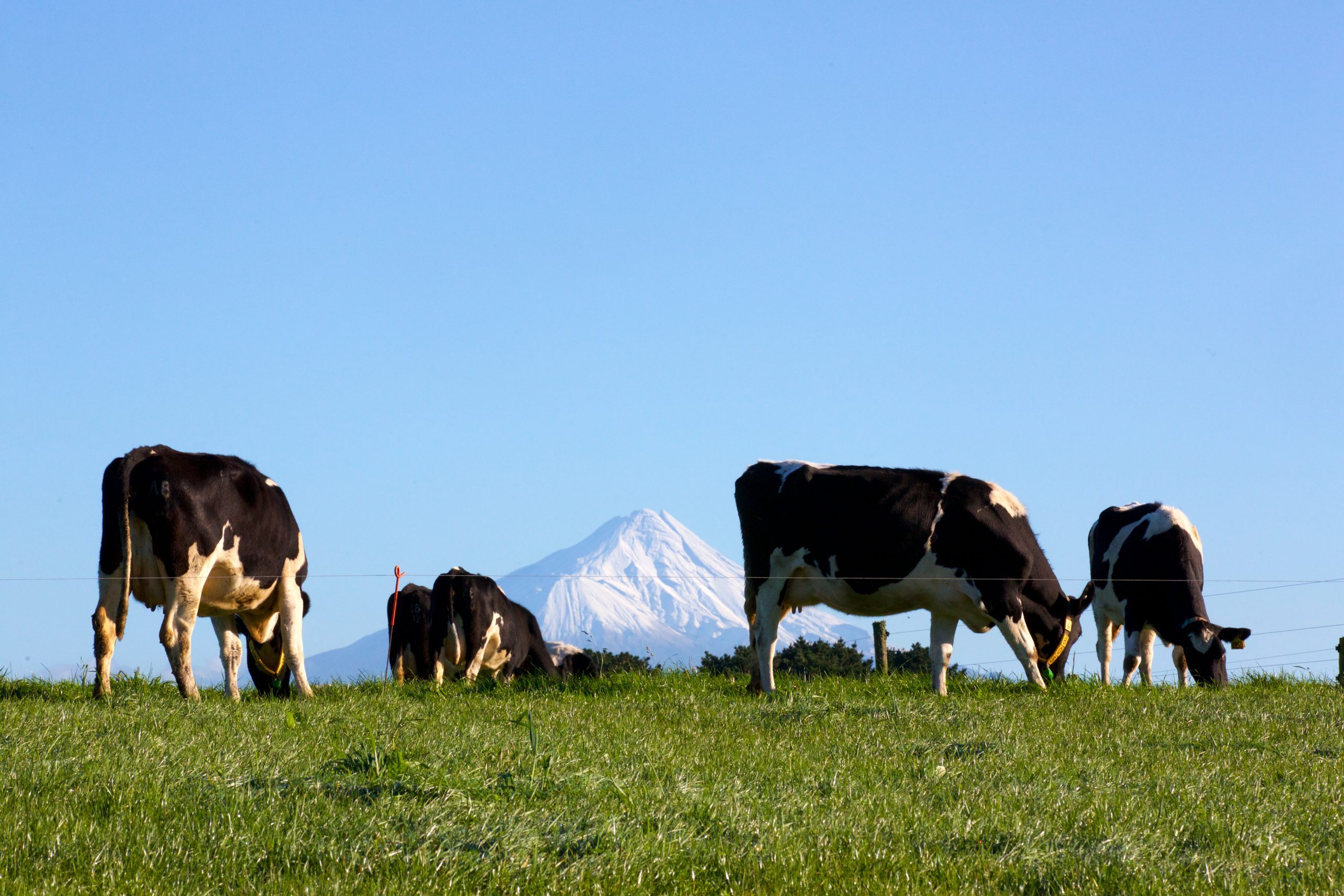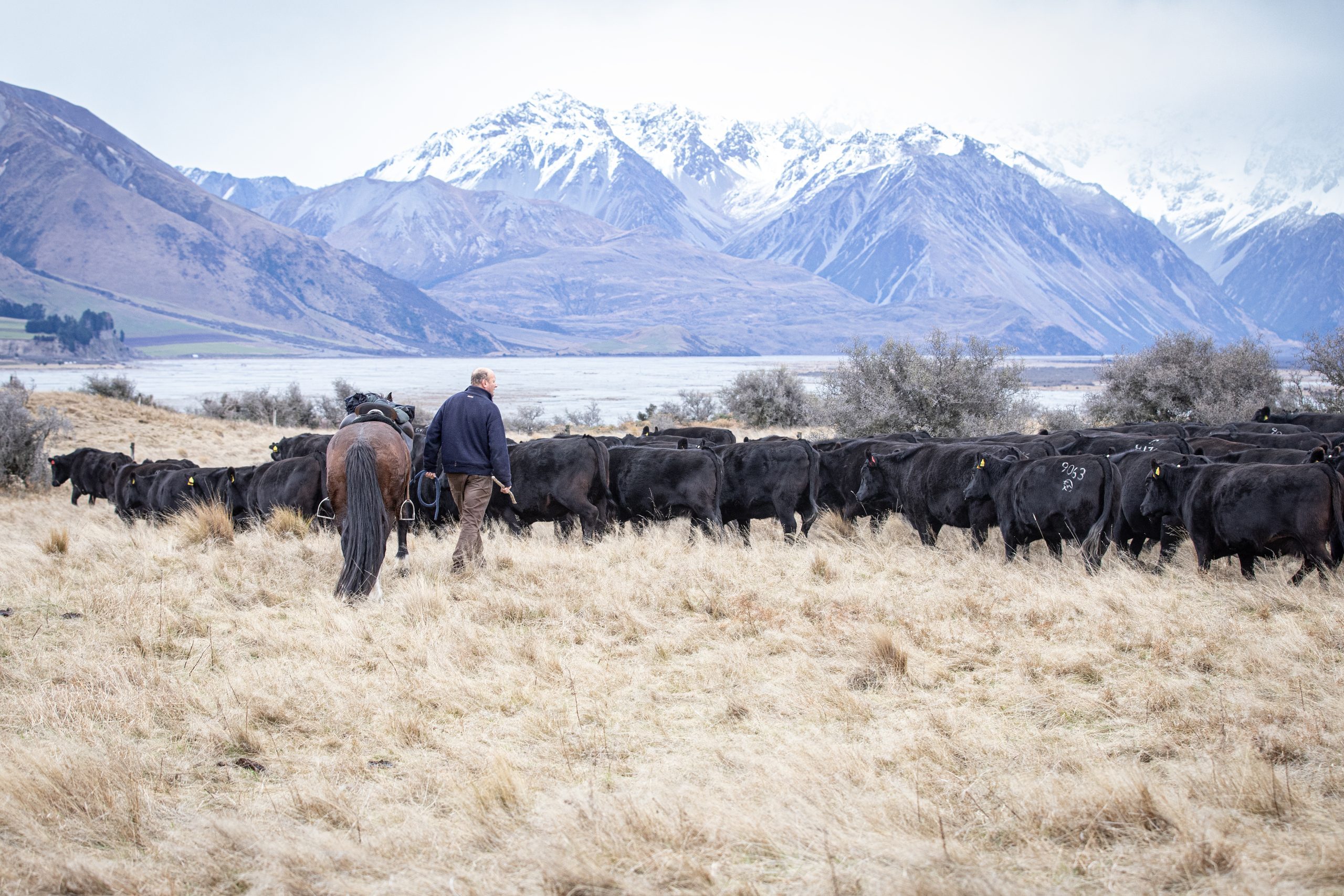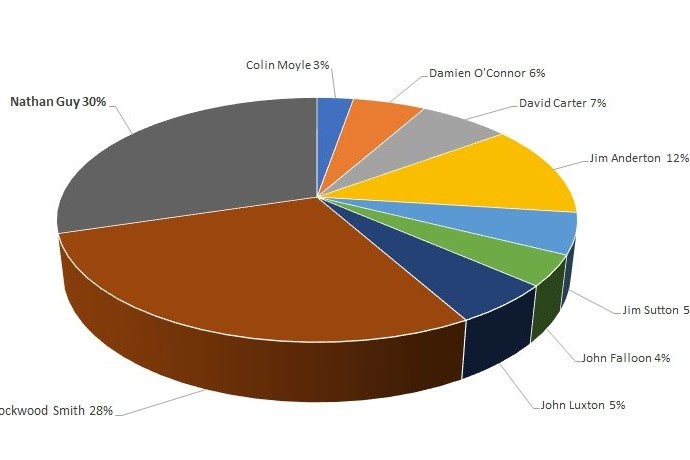Look on the bright side
After 32 years of agriculture journalism and farming before that, I see the outlook for farmers as brighter than ever.
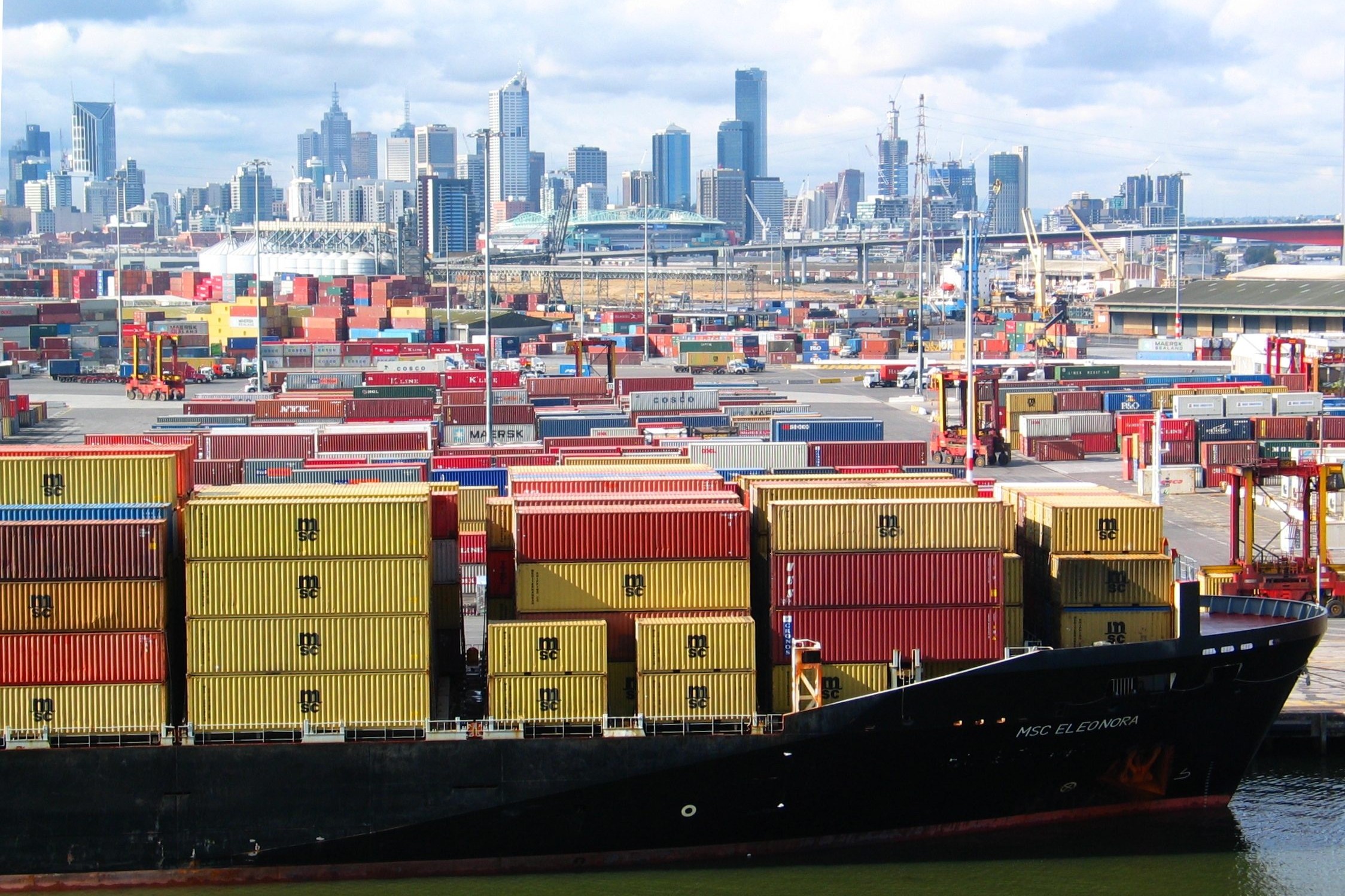
AFTER 32 YEARS OF AGRICULTURE journalism and farming before that, I see the outlook for farmers as brighter than ever.

Farming is in far better shape than it was in the 1980s and early 1990s. For a start there are higher-paying and diverse markets. Yes, an over-reliance on meat exports to China is a worry, but Europe and the United Kingdom offer a bolt hole. Increasing demand for health and pharmaceutical products offers livestock and arable farmers new and bigger markets.
Growing protectionism, war and disease, have become problems but the world has handled these before and solved them. The Covid-related problems with supply lines are starting to sort themselves out and with the right management inflation will be controlled.
Carbon forestry is still eating up valuable sheep and beef hill country, but that requires a political solution and there is an election next year.
Sheep farming is an amazing story. Ewe numbers have fallen 60% since 1990 (40m down to 16m) while dairy cow numbers have risen 75%. There is a danger of losing critical mass but the productivity gains have been phenomenal with an annual average of 2% and ewes producing about 23 million lambs a year at heavier weights.
If only the efficiency gains could be repeated with beef cattle. Since 1990, beef cow and deer hind numbers have dropped 24% and 28%, respectively.
However, pastoral farmers have reduced methane emissions by 30% since 1990 with the fall in livestock numbers. Even though they have done the heavy lifting for New Zealand by reducing emissions, they are still going to be punished with a methane tax. They should be rewarded with credits to sell.
United States Professor Frank Mitloehner, a specialist in air quality, says policymakers should work with farmers and take a carrot, not a stick approach. Public funding has helped farmers reduce methane and sell emission credits. The US beef herd has almost halved since 1970 but production is the same. He says reducing methane is as good as planting trees.
A major cause of carbon emissions are petrol vehicles but they were once acclaimed as environmental saviours. Renowned economist Steven Levitt said horse manure was so bad in cities a 10-day international conference was held in New York in 1898 to find a solution. After three days it was abandoned because they couldn’t see one. In the end the electric car and automobile solved the problem.
Levitt said humans are good at finding solutions and this will likely be the case for global warming.


